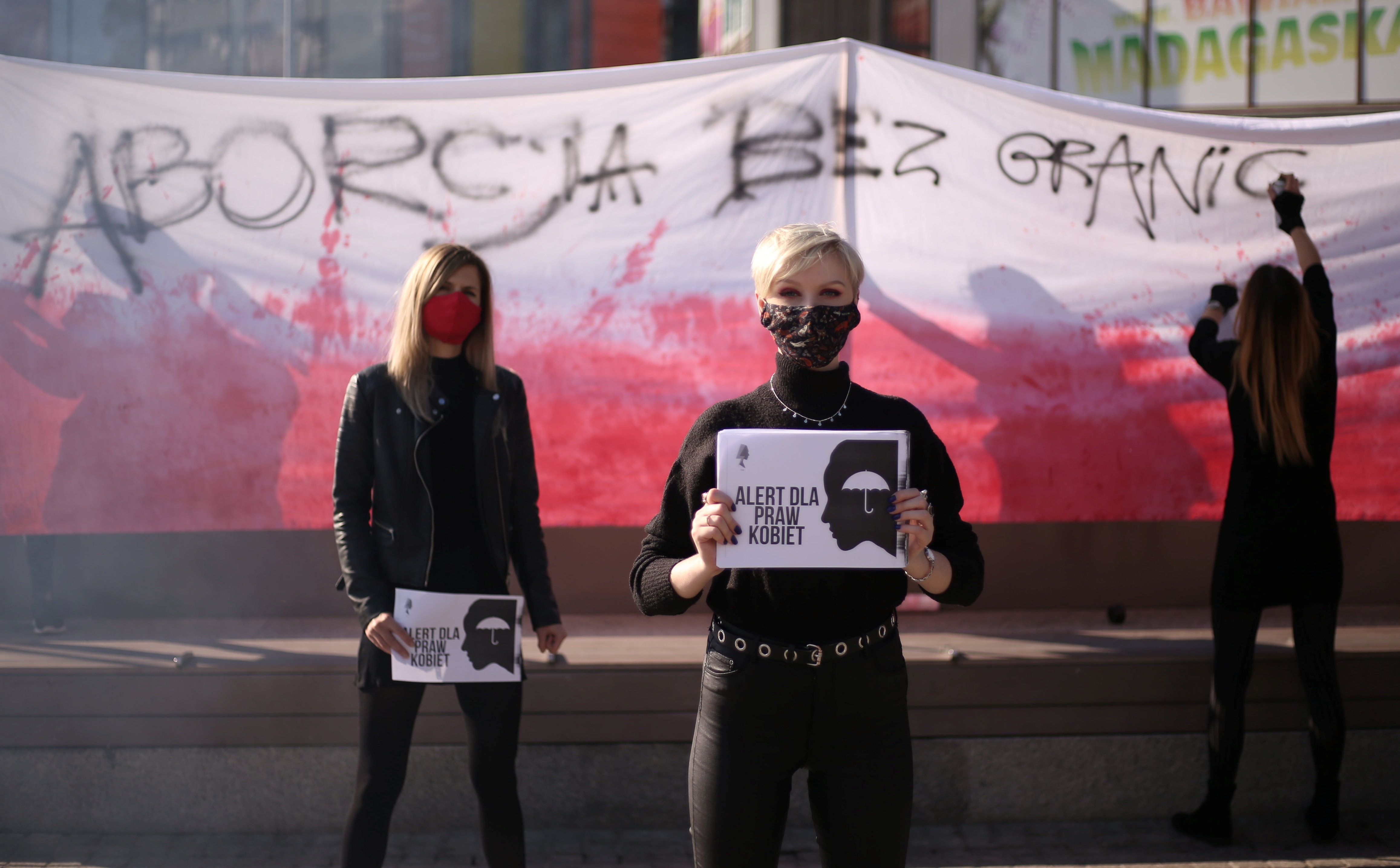Hard Numbers: Poland restricts abortion, US arms Taiwan, OECD migration drops, Guinea post-election violence
2: Accepting a legal challenge by the ruling conservative Law and Justice party, Poland's top court has ruled that having an abortion due to fetal defects is unconstitutional. The verdict means that abortion in the overwhelmingly Catholic country will now only be legal in two instances: after a pregnancy caused by rape or incest, and when the mother's health is at risk.
1.8 billion: The Trump administration has notified the US Congress it intends to sell $1.8 billion worth of new missiles and related military hardware to Taiwan. China, which regards the island as part of its territory, will as usual make a stink, but the US regularly sells arms to Taiwan despite the "One China" policy.
46: The pandemic has caused (legal) migration to 37 of the world's most developed countries to plummet by 46 percent in the first half of the year compared to the same period in 2019 — the sharpest six-month decline ever. The OECD warns that weaker labor demand, travel restrictions, and widespread remote work may prevent such migration flows from returning to pre-pandemic levels "for some time."
10: At least 10 people have died in post-election violence in Guinea. President Alpha Condé is currently leading the count after the October 18 vote, but challenger Cellou Dalein Diallo has claimed victory for himself and insists Condé should not have been allowed to run due to (recently overturned) constitutional term limits.
